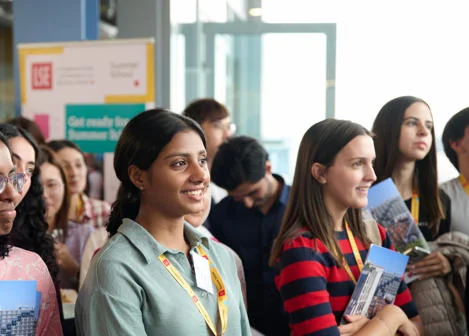Global and Online Degrees

LSE partners with University of London (UoL) to deliver a suite of degrees, diplomas and certificates. Learn online or locally at a recognised teaching centre near you.
Programmes
Through our flexible online and in-country credit-bearing programmes, we have an option that will meet your needs.
Study locally
Study for a degree, diploma or certificate at a teaching centre near you

Study online
Study for a degree through our flexible online learning options

Global Programmes: Find a course
Use our programme finder to find the right course for you

About Global Programmes
Find out more about our UoL distance education partnership

Frequently asked questions
Your questions about the programmes, delivery mode and more answered

Pathways to LSE
Explore the opportunities to study at LSE exclusively for Global Programmes students

Find your local teaching centre
We work with institutions all over the globe. Find the one nearest to you

How to become a Recognised Teaching Centre (RTC)
Find out how your institution can become a part of an elite, vibrant and fast-growing global community of academic excellence
